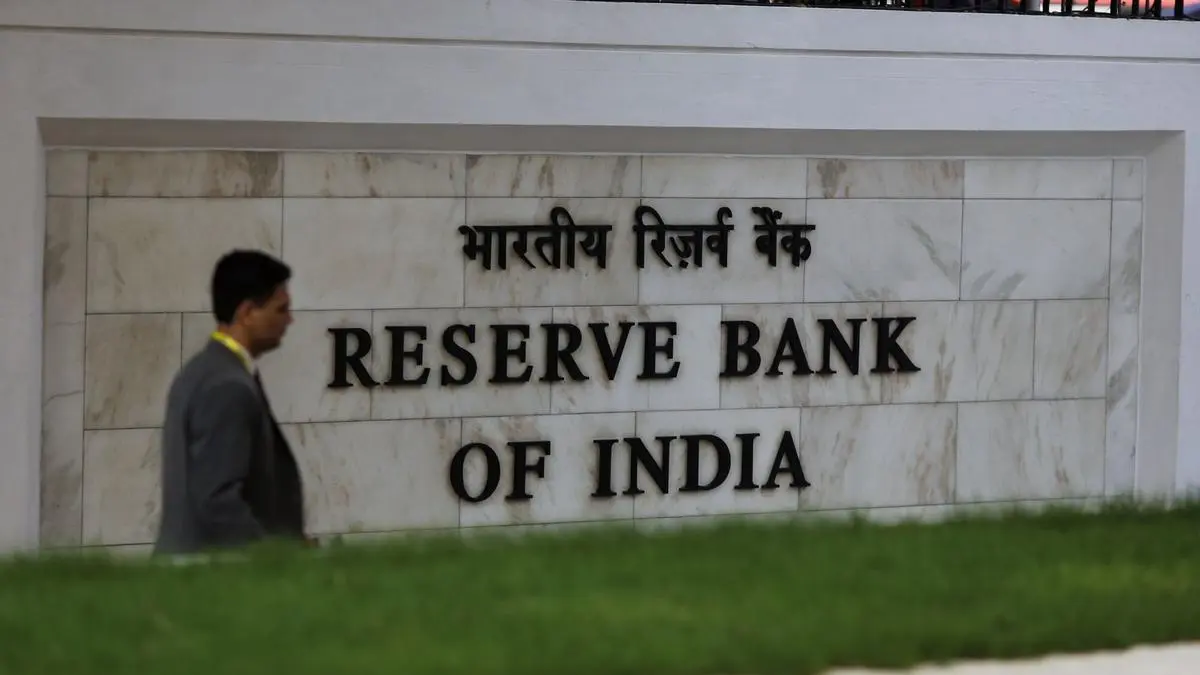Annapurna Finance Universal Bank Bid Rejected by RBI - What This Means for India's Fintech Landscape

RBI Rejects Annapurna Finance's Banking License Application, Sparking Debate
In a significant development for India's financial sector, the Reserve Bank of India (RBI) has reportedly rejected the universal banking license application of Annapurna Finance, a prominent Non-Banking Financial Company (NBFC). Sources familiar with the matter confirmed the decision, which comes as other lenders are actively pursuing upgrades to larger banking licenses.
Annapurna Finance, known for its microfinance operations and focus on serving underserved communities, had been vying for a universal banking license to expand its reach and offer a wider range of financial products and services. The rejection marks a setback for the company's ambitious growth plans and raises questions about the RBI's current stance on allowing fintech companies to transition into full-fledged banks.
Why Was the Application Rejected?
While the RBI hasn't officially released a detailed explanation for the rejection, industry analysts speculate several factors may have contributed. These could include concerns regarding Annapurna Finance’s asset quality, capital adequacy, corporate governance practices, or the overall suitability of the company to operate as a universal bank. The RBI is known for its stringent scrutiny of banking license applicants, prioritizing stability and consumer protection above all else.
Impact on Other Fintechs and NBFCs
This decision has significant implications for other fintech companies and NBFCs aspiring to become banks. Several other players are currently in the pipeline seeking similar licenses, and Annapurna Finance's experience serves as a cautionary tale. It highlights the challenges involved in meeting the RBI’s rigorous requirements and underscores the importance of a robust track record and strong governance structures.
However, it doesn't necessarily signal a complete halt to the trend of fintechs entering the banking sector. The RBI has indicated a willingness to consider applications on a case-by-case basis, and those companies with strong fundamentals and a clear path to sustainable profitability may still have a chance.
The Bigger Picture: Banking License Conversions
The rejection of Annapurna Finance's application comes amidst a broader trend of existing lenders seeking to upgrade their licenses. Several smaller banks and NBFCs are looking to convert into larger universal banks to capitalize on growth opportunities and enhance their competitiveness. The RBI’s decision-making process in these cases will be closely watched by the industry.
Looking Ahead
Annapurna Finance is expected to reassess its strategy in light of the RBI’s decision. The company may explore alternative growth avenues, such as partnerships with existing banks or focusing on strengthening its core microfinance business. The broader impact on the Indian financial sector remains to be seen, but the RBI’s stance on banking licenses will undoubtedly shape the future of fintech and NBFCs in the country.
The RBI’s cautious approach reflects its commitment to maintaining the stability of the Indian banking system. While innovation in the financial sector is encouraged, the RBI will prioritize safeguarding depositors and ensuring the integrity of the financial system.






